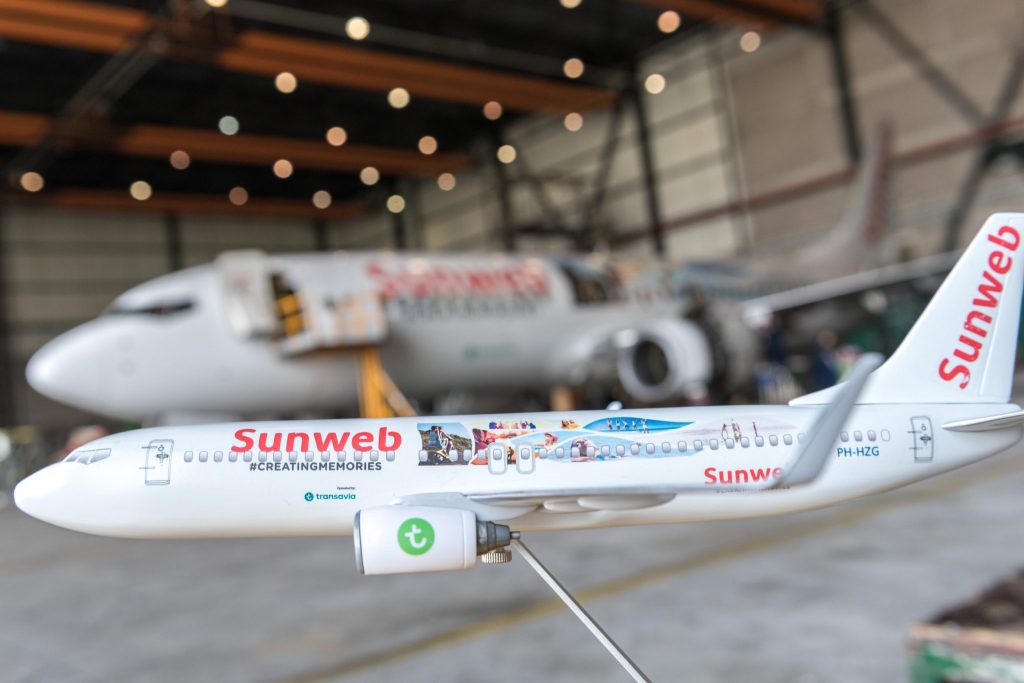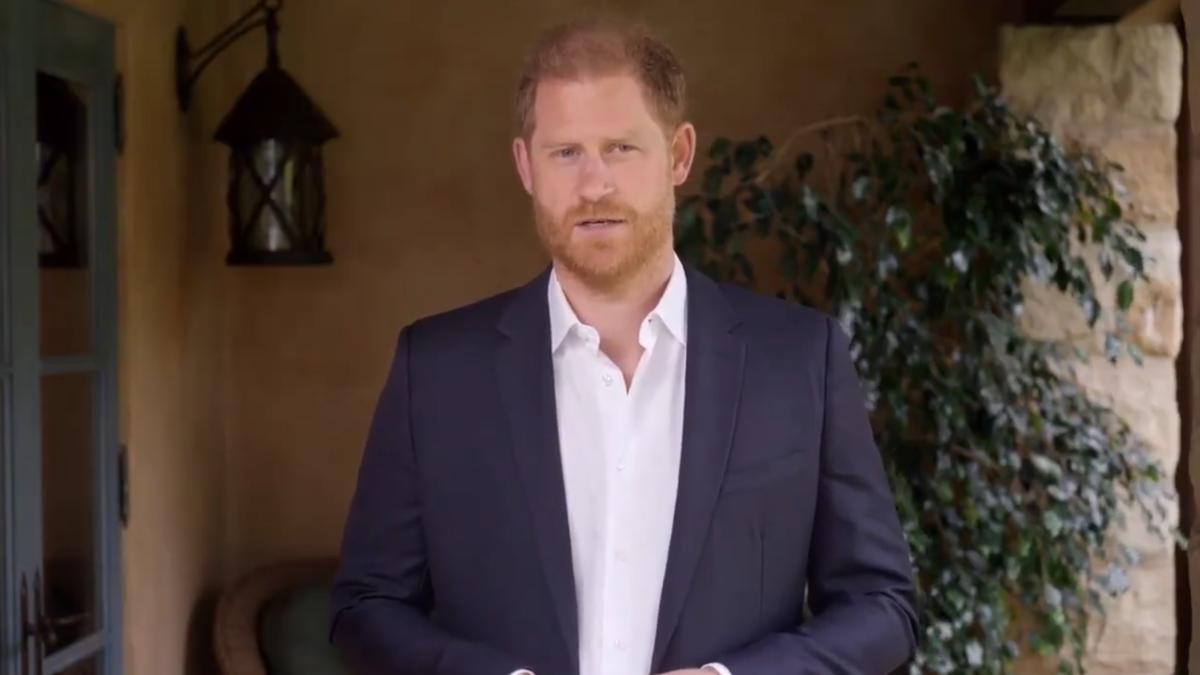How Sunweb Is Taking On Europe's Biggest Tour Operators

Skift Take
For years TUI and Thomas Cook have dominated the European package holiday market with their numerous brands spread across multiple countries, but a fast-growing competitor backed by private equity now has both in its sights.
Sunweb Group, which has its main offices in the Rotterdam and Zürich, was bought in February by private equity firm Triton for an undisclosed sum. Then with the backing of Triton, in June it agreed to buy the tour operating activities of Corendon Holiday Group, one of its chief rivals in the Netherlands and Belgium.
Together these developments have created a potential new tour operating powerhouse in Europe, albeit one that still has some way to go before it catches up with TUI and Thomas Cook.
The combined turnover of Sunweb and Corendon is about $1.3 billion — and remember Sunweb isn’t buying all of Corendon. In contrast, Thomas Cook reported turnover of $12.5 billion last year, and market leader TUI generated $22.7 billion.
It’s a significant difference, but it doesn't sound like Triton and Sunweb are done yet. Thomas Cook confirmed in May that Triton had made an approach for its Northern Europe Business. Adding Thomas Cook’s tour operator and airline in Norway, Sweden, Finland, and Denmark to Sunweb and Corendon would create a sizeable continental business. It also shows how ambitious the company's backers are.
Whatever happens with Thomas Cook, Sunweb's strategy of adding scale to the business through acquisitions makes it easier to negotiate things like hotel room and airline seat rates.
Tim Van den Bergh, chief commercial officer at Sunweb, said the thinking behind the deal was "scale and complementarity of product," which would in turn lead to "financial strength and more buying power."
Sunweb's priority is taking on its rivals in the markets in which it is strongest.
"Our focus at this moment is Belgium, the Netherlands, Scandinavia, and then we're seeing how can we further grow in, for example, in France, in Germany, something like that. So there, our first focus is always TUI/Thomas Cook and more TUI than Thomas Cook," Van den Bergh said.
Given Thomas Cook's current financial struggles, it's not inconceivable that Sunweb could eventually overtake it.
Sunweb: a History
Founded in 1991, Sunweb offers both summer and winter package holidays with the former representing about 70 percent of business. Its current roster of brands includes Primavera, Gogo, and Husk, and the company only deals in packages, so it doesn’t sell hotels or flights separately.
In contrast with Thomas Cook and TUI, which both have brick-and-mortar travel agencies, Sunweb sells primarily online, with a small percentage of transactions done over the phone; newly acquired Corendon does sell via travel agents.
Another big difference is that it's mostly an asset-light company. It has partnerships with airlines, including Transavia and Brussels Airlines, where it leases planes or gets a certain allotment of seats. It has a similar arrangement with hotels.
This will likely change slightly in the future, however. As part of the Corendon deal, it's getting its hands on Corendon Dutch Airlines, which currently has three planes and is getting a fourth.
The Online Threat
Van den Bergh calls TUI Sunweb’s biggest competitor while also identifying low-cost carriers and the modern-day tourist’s ability to book “unbundled flights and accommodation themselves,” but that the likes of Expedia and Booking.com can struggle on the inspirational side of travel.
In the era of cheap flights and online accommodation, many people predicted the end of the package holiday, but it remains a popular option across much of northern Europe.
“You’re still seeing, for sure, demand for package travel and elements of that are very difficult for the tech players — or some of the players who have entered the market — to cross off because people still want the concept of reps in resorts and interesting hotels to go to,” said Richard Clarke, senior analyst at Bernstein.
The last year or so has been particularly tough for Thomas Cook and even the mighty TUI has struggled, but relative package travel newcomers like UK-based Jet2 have still managed to find success.
It’s also useful to remember that Europe isn’t one country. Although there are cross-border brands, each market has its peculiarities and challengers. Just look at the difference in online travel purchasing between the Nordics and Germany. The Netherlands, moreover, has its own particular set of circumstances.
“As in many countries, there is a growing discontent in the Netherlands about the might of the Expedia-Booking duopoly. Koninklijke Horeca Nederland [the Dutch hotel and catering association] lobbies to limit their power,” said Wouter Geerts, Skift senior research analyst.
“Traditional travel agents competing with this duopoly have seen major losses in market share over the past decades and look at consolidation as a way to cut costs, streamline operations, and increase their competitiveness.
“Sunweb and Corendon also have to contest with a host of other traditional package providers like TUI, Neckermann, and D-Reizen. TUI introduced new concepts like TUI Exclusive and TUI Small & Friendly in response to changing traveler demands, and Neckermann — owned by Thomas Cook — continues to grow its Casa Cook hotel brand.”
The competition may be strong, but given Sunweb's nimble online presence, the resilience of package holidays, and its owner's ambitious acquisition strategy, Europe could be seeing the emergence of a new force in tour operating.




